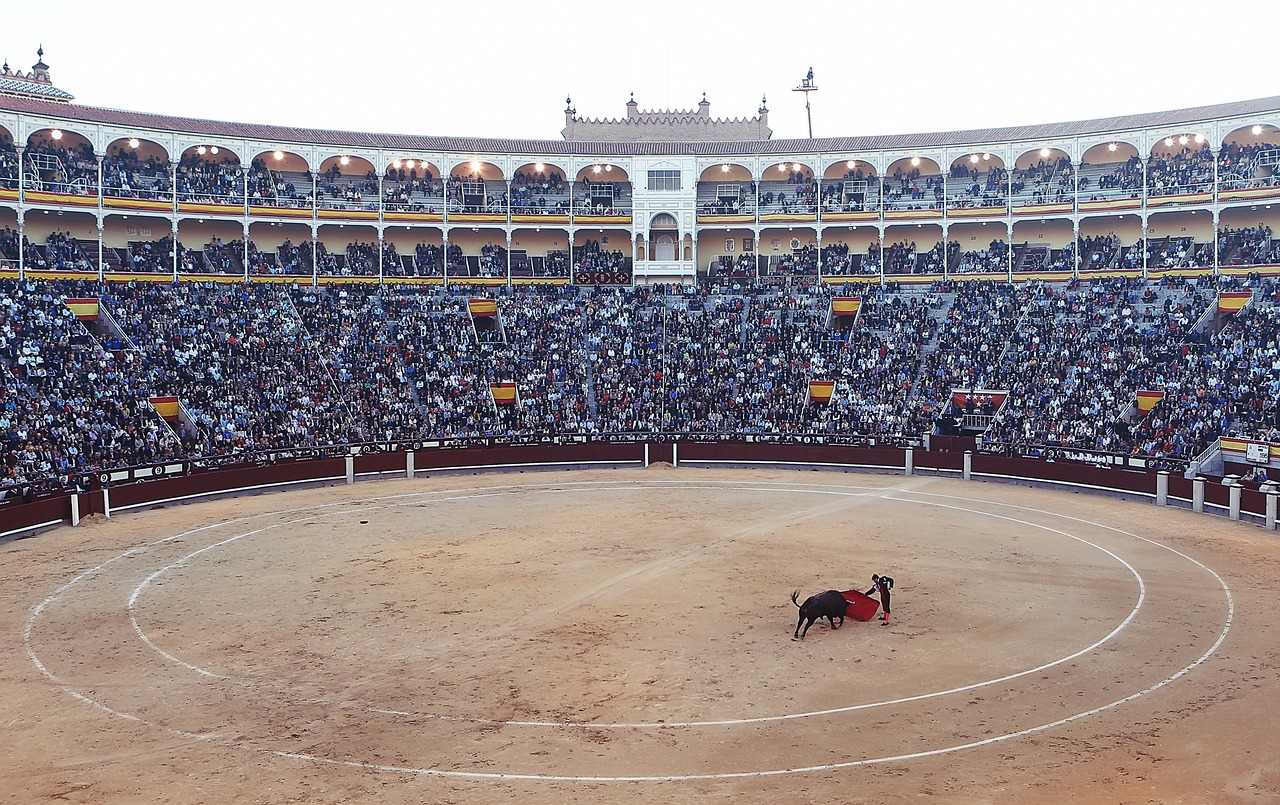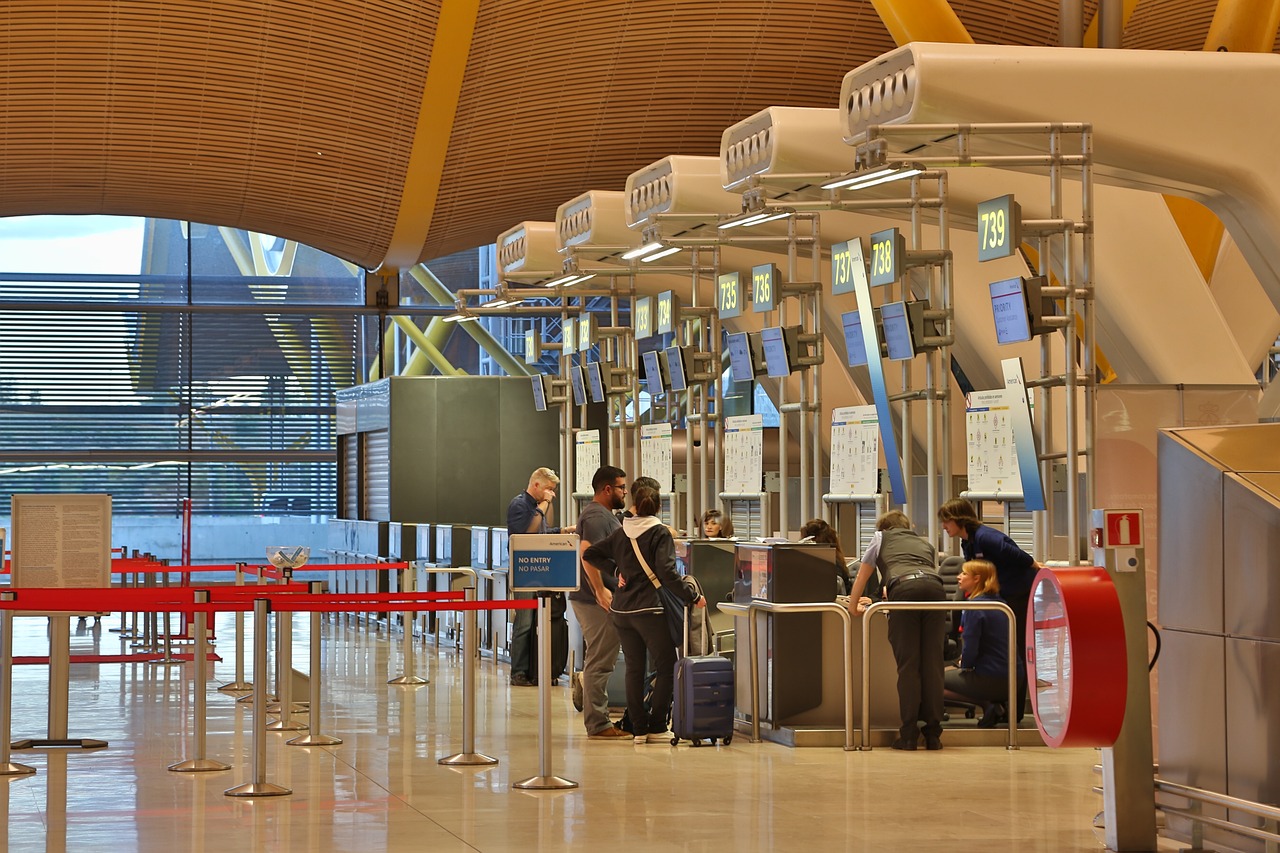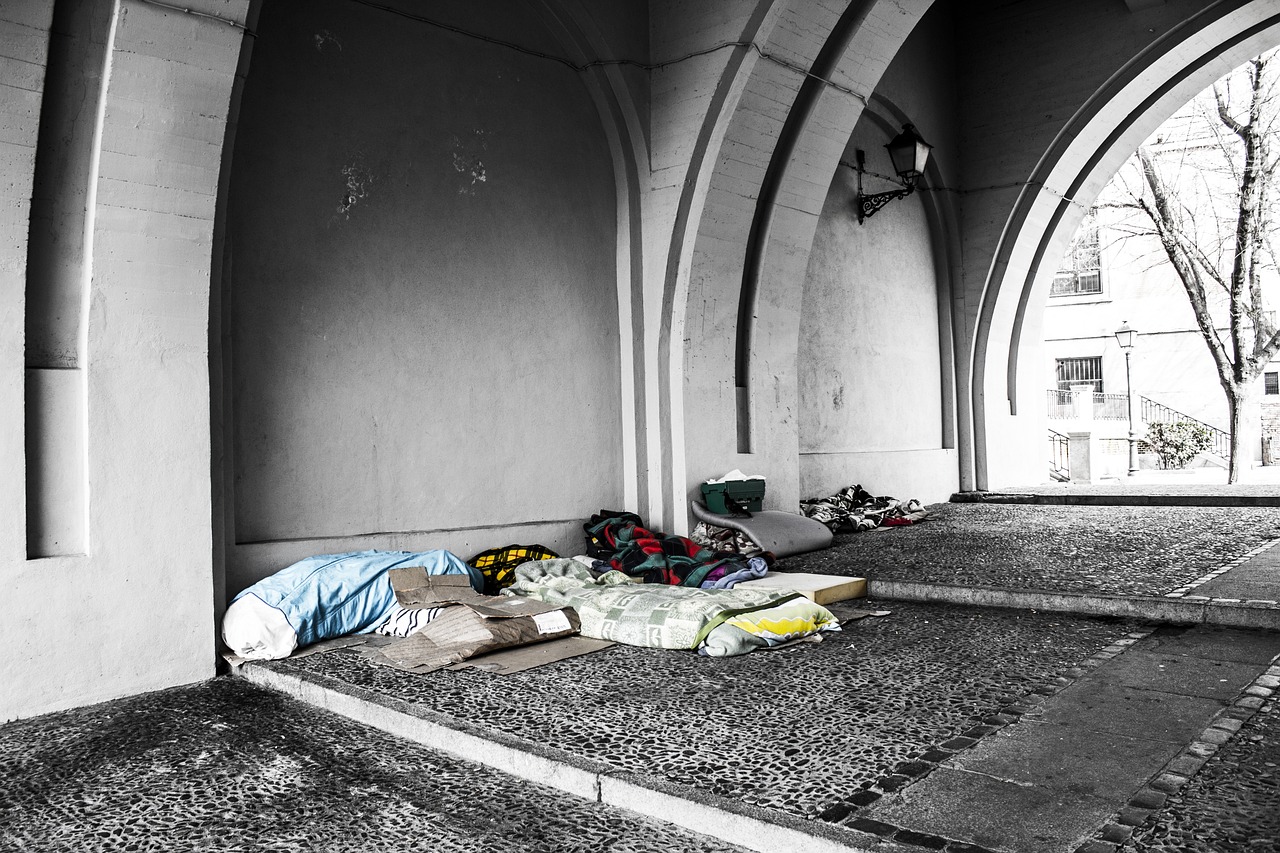Spain Video
Cost of Living in Spain: A Detailed Breakdown for Digital Nomads
Spain, with its rich history, vibrant culture, and beautiful landscapes, has become a popular destination for digital nomads seeking a high quality of life at an affordable cost. In this article, we will provide a detailed breakdown of the cost of living in Spain, covering various aspects such as accommodation, transportation, food, entertainment, and more. Whether you’re considering a short-term stay or a long-term relocation, this guide will help you plan your budget accordingly.
Accommodation
- Rental Apartments: Renting an apartment is a common choice for digital nomads in Spain. In major cities like Madrid and Barcelona, a one-bedroom apartment in the city center can cost around 900-1,200 euros per month. Outside the city center, prices may range from 600-900 euros per month.
- Airbnb: Another popular option is renting through Airbnb. Prices vary depending on the location and the type of accommodation. On average, you can expect to pay around 70-100 euros per night for a private room, and 100-150 euros per night for an entire apartment.
- Hostels: For budget travelers, hostels provide a more affordable option. Prices for a bed in a shared dormitory range from 15-30 euros per night.
- House Sitting: House sitting is a great option for digital nomads looking to save on accommodation costs. Websites like TrustedHousesitters connect homeowners with responsible individuals who are willing to take care of their homes and pets in exchange for free accommodation.
Transportation
- Public Transportation: Spain has an extensive public transportation system, including buses, trains, trams, and metros. The cost of a single ticket varies depending on the city, but it is generally affordable, ranging from 1.50-2.50 euros.
- Monthly Passes: If you plan to use public transportation frequently, it’s more cost-effective to purchase a monthly pass. Prices typically range from 40-80 euros, depending on the city.
- Taxis and Rideshares: Taxis are widely available in Spain, and rideshare services like Uber and Cabify operate in major cities. The starting fare for a taxi is around 3 euros, with an additional cost per kilometer. Rideshare prices are similar but may vary depending on demand.
- Car Rental: Renting a car gives you the freedom to explore Spain at your own pace. Prices start at around 20 euros per day, but may increase depending on the type of car and the rental duration.
Food
- Groceries: Buying groceries and cooking your own meals can be a cost-effective option. On average, a week’s worth of groceries for one person can cost around 30-50 euros, depending on your dietary preferences.
- Restaurants: Eating out in Spain is a delightful experience. A meal at an inexpensive restaurant can cost around 10-15 euros, while a three-course meal for two at a mid-range restaurant may range from 30-50 euros.
- Tapas: Trying tapas is a must when in Spain. These small, delicious dishes are perfect for sharing and typically cost around 2-4 euros each.
- Coffee: A cup of coffee in a local café usually costs around 1-2 euros.
Entertainment
- Museums: Spain is home to numerous world-class museums. Admission prices vary, but on average, you can expect to pay around 10-15 euros per person.
- Theater and Concerts: Enjoying a night of theater or attending a concert can range from 20-100 euros, depending on the venue and the performance.
- Nightlife: Spain is known for its vibrant nightlife scene. A night out in a bar or club may cost around 10-20 euros for drinks and cover charges.
- Outdoor Activities: Exploring Spain’s natural beauty doesn’t have to be expensive. Hiking trails, parks, and beaches are often free to access.
Healthcare
- Public Healthcare: Spain has a public healthcare system that provides free or low-cost healthcare services to residents. As a digital nomad, you may need to obtain private health insurance to access these services.
- Private Healthcare: Private healthcare in Spain is of high quality, but it can be expensive. The cost of private health insurance varies depending on factors such as age, coverage, and pre-existing conditions.
Utilities
- Electricity, Water, and Gas: The average monthly cost for utilities in Spain is around 100-150 euros, depending on the size of your accommodation and your usage.
- Internet: Internet service providers in Spain offer various plans, with prices ranging from 30-60 euros per month.
Conclusion
In conclusion, Spain offers digital nomads a wonderful combination of affordability and quality of life. From accommodation options to transportation, food, entertainment, healthcare, and utilities, there are plenty of choices to suit every budget. By planning and budgeting accordingly, you can enjoy all that Spain has to offer without breaking the bank.
References
- www.spain.info
- www.numbeo.com
- www.airbnb.com
- www.trustedhousesitters.com
- www.uber.com
Spain Image 1:

Spain Image 2:

Spain Image 3:



